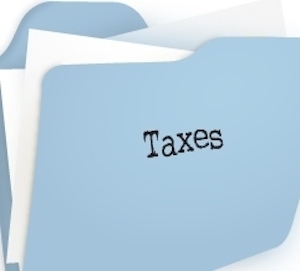To address whether Arizona’s government property lease excise tax (GPLET) delivers adequate revenue at a local level, Auditor General Debra Davenport recently released a report with recommendations based on input from area leaders in Phoenix.
The special report summarized GPLET’s impact on counties, cities and towns, community college districts and school districts.
Arizona first enacted laws in 1996 allowing local government entities to lease owned property to private parties for nongovernment use and still remain exempt from property taxes. In 2010, the state legislature amended the GPLET law to hike rates for new leases as of June 1, 2010; to adjust rates over time based on inflation; and to mandate new reporting rules.
The 2010 changes did not create any sizable revenue increases, prompting the special audit. Conclusions of the 30-page report released in December were based partly on consultation with county officials, jurisdiction leaders and government representatives. Davenport weighed input from various county treasurers, county assessors and representatives from counties, cities and towns, along with the Arizona Department of Revenue and Arizona Department of Education.
Davenport stated that changes to GPLET laws may not increase revenues and that the report does not include responses to the audit recommendations from the multiple parties responsible for administering the government property lease excise tax.
Additionally, accurate calculation and analysis of reported data was found to need improvement; incomplete reporting could affect payments to school districts and other local programs; and due to limited information, the auditor's office was not able to determine the impact of GPLET on revitalization of vacant or underutilized property, on new economic development or on blighted areas.

